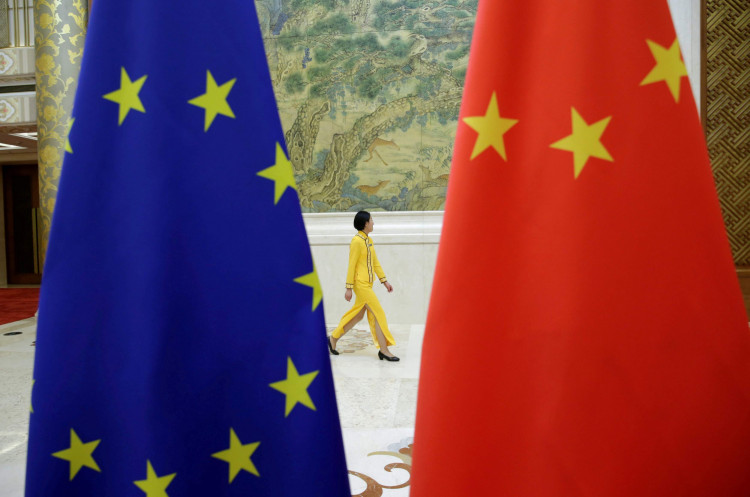In a recent development that has ruffled diplomatic feathers, China has expressed its dissatisfaction with the European Union's decision to launch an inquiry into subsidies for electric vehicles (EVs). The European Commission has initiated this investigation to determine whether tariffs should be set to protect its producers from the influx of cheaper Chinese EVs, which are believed to benefit from state subsidies.
The Chinese commerce ministry voiced its concerns, stating that the European Union's request for consultations within a "very short" timeframe lacked adequate evidence and did not align with World Trade Organization rules. The ministry further emphasized that they had not been provided with sufficient consultation materials. China's stance is clear: they will be closely monitoring the Commission's investigative procedures to ensure the rights and interests of Chinese firms are not compromised.
The European Commission's formal announcement of the investigation was published in the bloc's official journal. It highlighted that China had been invited for consultations, though it did not specify a timeframe. Preliminary information gathered by the Commission suggests that Chinese producers have been benefiting from subsidies, which have adversely impacted the EU industry. These subsidies are believed to be in the form of grants, preferential loans from state-owned banks, tax cuts, rebates, exemptions, and the state provision of goods or services at prices below the market rate.
The Commission's findings indicate that these subsidies have facilitated the rapid influx of cheap imports into the European Union. With the anticipated overcapacity in China's EV market, it is expected that this trend will only intensify in the near future. The European Commission has noted that China's share of EVs sold in Europe has risen to 8% and could potentially escalate to 15% by 2025.
China, on the other hand, has urged the European Union to maintain the stability of the global supply chain and uphold the strategic partnership between the two entities. They have also called on the EU to exercise caution when applying trade remedies.
The backdrop to this dispute is the global race to dominate the EV market. With environmental concerns taking center stage, countries are vying to establish themselves as leaders in the green transportation revolution. The European Union, with its ambitious green targets, views the EV market as pivotal to its strategy. China, as a major global player in the EV industry, sees the European market as a significant opportunity for growth.
As the investigation unfolds, it remains to be seen how this dispute will impact the broader trade relations between China and the European Union. With both entities being significant players in the global economy, the outcome of this probe could have far-reaching implications for the EV industry and international trade dynamics.





